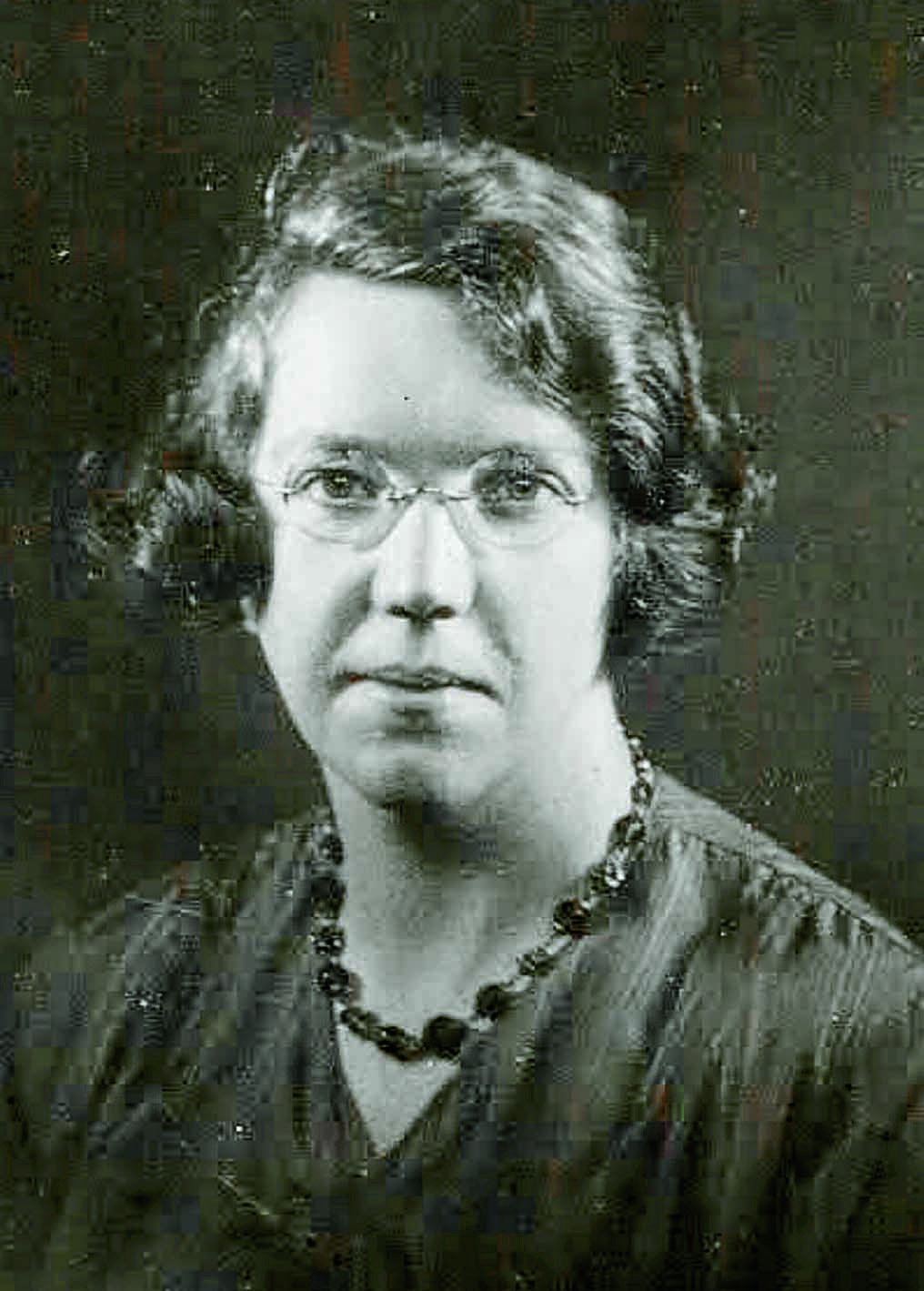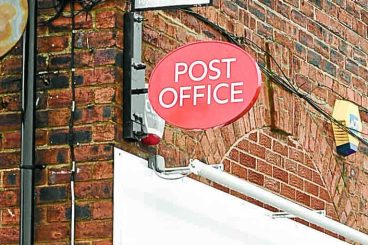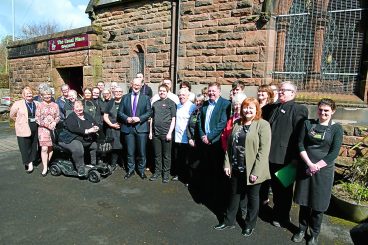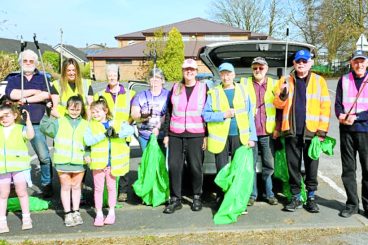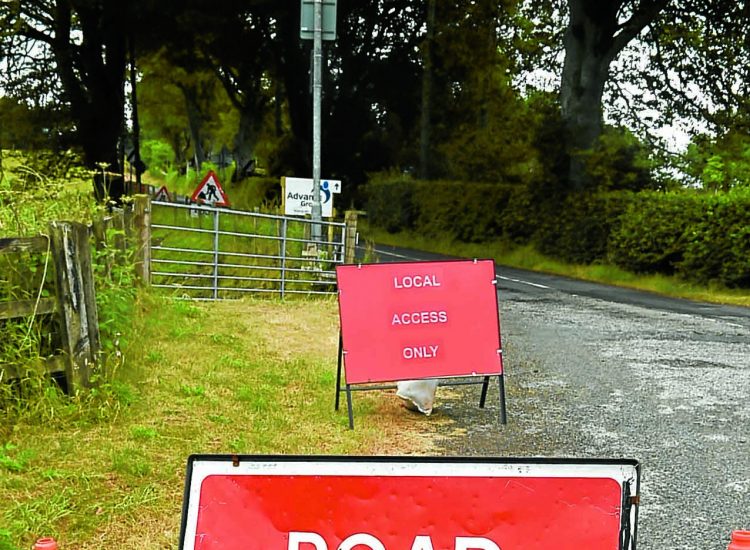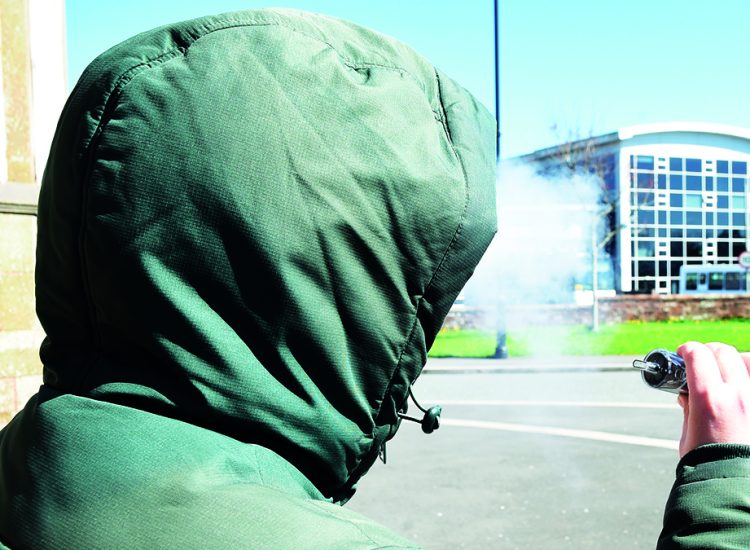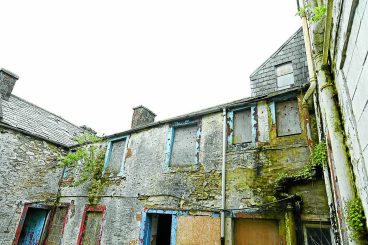Born in Dunscore and educated at Dumfries Academy, Jane became matron of a Scottish Mission girls’ home in Budapest, Hungary, and repeatedly refused to come home after WWII broke out because her pupils, many of them orphans, needed her.
MSPs and MPs have said a memorial of national prominence would be the appropriate way to recognise the bravery and sacrifice of Jane, who later died in the Auschwitz Birkenau concentration camp. Speaking at a Holocaust Memorial Day debate in the Scottish Parliament last week, South Scotland MSP Joan McAlpine said: “Jane Haining died because she protected and loved the Jewish children in her care. It is clear that Jane was that very rare thing: a truly selfless person. Jane is honoured as Righteous Among Nations in Israel and she has a memorial in Dunscore Church but the time has come for a national memorial. We are told that the Holocaust reminds us of the depths to which human beings can sink. But the selflessness of Jane Haining reminds us that there is good in this world, that there are human beings who rose up against evil. That is what we must never forget.”
Ms McAlpine’s comments were echoed by others, including Scottish Government ministers Paul Wheelhouse and Aileen Campbell, during the debate. In addition to a memorial cairn in Dunscore and an exhibition at the parish church, Jane, who has a street named after her in Budapest, is immortalised in a stained glass window at Queen’s Park Govanhill Parish Church in Glasgow and a plaque on a cairn at Carlton Hill in Edinburgh.
Meanwhile, Scottish Secretary and Dumfries and Galloway MP Alister Jack last week attended the opening of an exhibition about the Kirk missionary’s life at Glasgow City Chambers. He was joined by the UK ambassador to Hungary Iain Lindsay, Lord Provost of Glasgow Philip Braat and representatives from the Church of Scotland and Jewish community.





